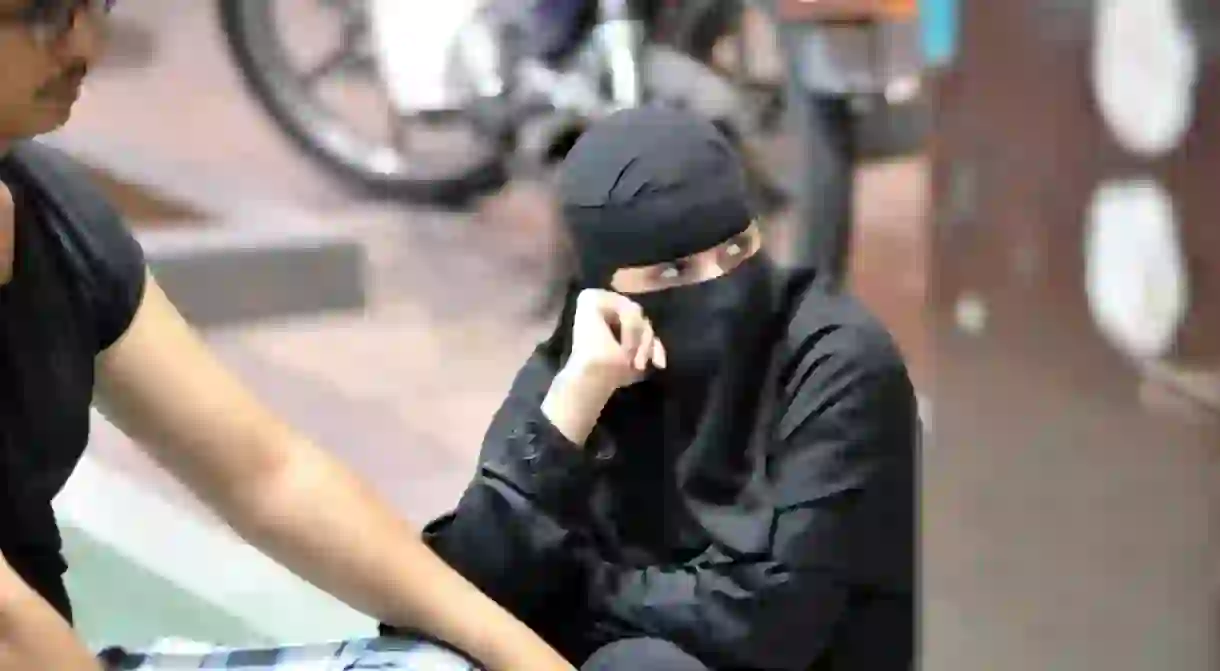Why Austria is Banning Burqas

Five years after France made the controversial move of banning the full-face veil in public spaces, Austria has followed suit with new ‘integration laws’.
Due to come into effect in October of this year, the prohibition will prevent burqas and niqabs that obscure the entire face being worn in public places, such as universities and on public transport. Those who don’t comply could be fined up to €150 by the police.
https://www.instagram.com/p/BP82p1OlE-Y/?tagged=burqaban
Why?
The government has stated the ban will be implemented with a view to encourage integration, coinciding with a new series of laws that aim to prepare asylum seekers for the job market. There will be various other regulations for new settlers – including a 12-month ‘integration school’ that includes taking a German language course and lessons on ‘Austrian values.’
However, objectors took to the streets of Vienna earlier this year to protest against the move, feeling it was discriminatory and unnecessary, as currently it’s estimated that only around 150 women wear the full-face veil in Austria.

The country’s president, Alexander Van der Bellen (of the Green Party) has openly opposed the decision – stating in a speech to school children that ‘it is every every woman’s right to always dress how she wants.’
Many blame the increase in support for far-right party the Freedom Party Of Austria (the FPÖ – whose candidate Norbert Hofer came close to securing power last year), who have harsh policies regarding immigration and integration.
What You Need To Know
The ban will commence from October 2017 and will prohibit women from wearing full-face burqas and niqabs in public spaces. Head scarves that do not obscure the face will still be allowed. Those who don’t comply could be fined by the police. Areas in which the ban will be implemented include universities, public transport, and courthouses.
Other European countries to have implemented similar laws include France, Belgium, the Netherlands, and Bulgaria.














